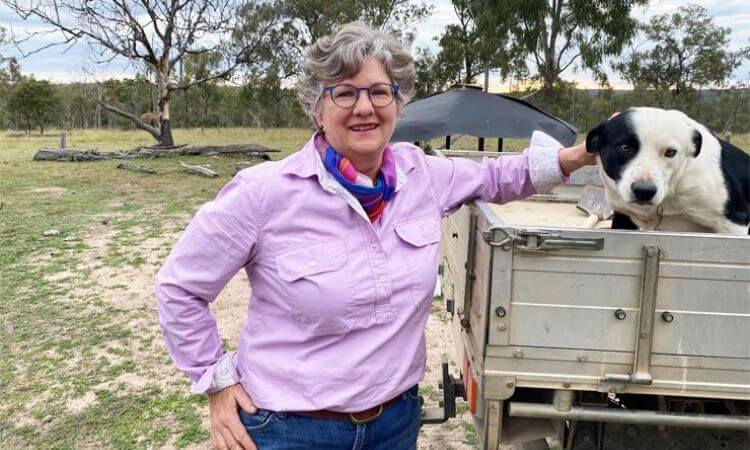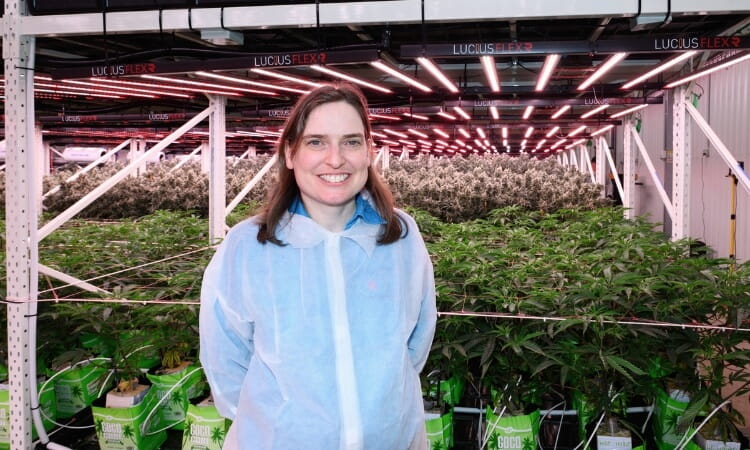Soil is the lifeblood of the planet – providing the nutrients, water and oxygen needed to support our food systems.
It’s also an intricate system with complex interactions, which need to be managed appropriately to maintain the health and productivity of this precious resource.
However, determining what each soil requires and in what order is no easy feat, especially when you add weather and farming conditions into the equation.
Enter University of Southern Queensland’s Dr Chloe Lai, an agricultural system modelling scientist digging into the management of soil constraints to help maximise our soil’s productivity.
Dr Lai has been awarded $300,000 by Australia’s Soil Cooperative Research Centre (CRC) to find the best ways to manage multiple soil constraints, such as sodicity, acidity and salinity, which are known to limit a soil’s yield.
Dr Lai said interactions among these yield-limiting soil properties often leave growers unsure of which treatments will truly improve soil health and productivity.
“Most decision support tools that farmers currently use have a rather basic implementation of soil processes,” Dr Lai said.
“These programs cover water levels and soil fertility, such as nitrogen, but they don’t account for the complex interactions among different soil factors.
“With this project, we are looking to combine APSIM (Agricultural Production Systems sIMulator) with machine learning to identify and prioritise the management factors which are most critical in maintaining the soil’s productivity.”
Dr Lai and her team, Associate Professor Keith Pembleton (UniSQ), Dr Francis Gacenga (UniSQ) and project industry partners, will use Soil CRC’s extensive field trial data to train APSIM, which robustly reflects plant and cropping system processes, then generate synthetic data to be fed into machine-learning algorithms that are structured to reflect the scientific understanding of soil processes.
“Our hope is to develop a tool that can predict the best management strategies for soils affected by multiple constraints under specific weather and farming conditions,” she said.
“Ultimately, we want to provide practical and easy-to-use solutions to identify, prioritize, and manage soil constraints that are backed by robust science.”
Dr Lai said improved soil management techniques would have far-reaching effects.
“We see that many farmers do want to improve their productivity while being sustainable, so we want this modelling system to cater to their needs,” Dr Lai said.
“Our grower group partners, West Midlands Group, Mallee Sustainable Farming, Riverine Plains and Burdekin Productivity Services, are therefore critical to the project’s success, ensuring what we develop will be grounded in the challenges growers face.
“Here in Australia, we have an incredibly innovative community of farmers who are always on the frontline adopting new science.
“By empowering farmers with knowledge and appropriate tools, we are helping ourselves as a society to become more resilient and sustainable.”
Learn more about the University of Southern Queensland’s Centre for Sustainable Agricultural Systems.



